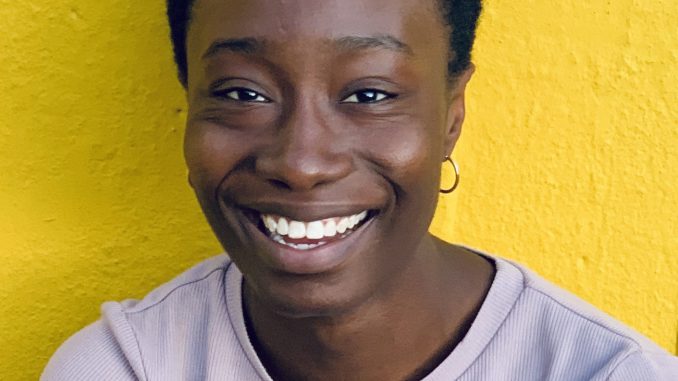Strand Campus
Strand Campus feels like the heart of London—historic yet buzzing with energy. Nestled by the Thames, it offers world-class academics, vibrant student life, and endless inspiration from the city’s culture and diversity.
Our Physics BSc course provides a robust foundation in both experimental and theoretical physics. You'll explore topics such as relativity, quantum mechanics, fields and waves, electromagnetism and nuclear physics. You’ll also be trained in key analytical and practical skills such as problem-solving, creative thinking, teamwork, and data analysis, preparing you for a wide-range of future-facing careers
You'll join a friendly and supportive department, learning from internationally renowned scientists who deliver outstanding research-led and innovative teaching. In your first two years, you'll sample core physics fields and develop experimental techniques through integrated lab work. In your third year, you’ll apply your knowledge and skills to complex research or industry-inspired problems, enabling you to undertake novel research and develop crucial employability skills.
You can also choose to study for our integrated Master’s course (MSci), adding a fourth year to your degree during which you’ll get to choose from a huge array of modules, and undertake a substantial research project on a topic of your choice, enhancing key employability skills including project management, creative thinking, working as a team, and communication and presentation skills.
You also have the opportunity to transfer to the Study Abroad pathway and spend your third year at a partner institution before returning to King’s for your final year. This depends on you reaching a certain grade average and being accepted by a partner university.

The lecturers are incredibly passionate and friendly people. They really care and it makes learning from them enjoyable as you can feed off their passion.

Physics has been studied and taught at King's since its foundation in 1829 with many distinguished physicists, including Nobel Laureates, joining our ranks over the last 200 years. Today, physicists at King's are developing new ways to study the molecular processes in biological cells which cause cancer and other diseases, working to understand how the focus between individual atoms and molecules at the nanoscale shape our macroscopic world, and continuing King’s physicist Maxwell's work in the unification of physics.
Our Physics BSc course will give you a strong foundation across the key areas of modern physics, whilst allowing you to tailor and shape your degree to your interest, with a choice of modules from your first year through to your third year. In your last year, you will be able to specialise in a particular area, including medical and biophysics, astrophysics including general relativity and galactic dynamics, and the fundamentals of nanotechnology, amongst others.
In addition, the course emphasises applied learning and skills acquisition through individual and group project work, with the option of taking a group project in your second year. In your third year, you can choose to tackle a real-world problem with a research group in physics, or outside of the department with the King’s Randall Centre for Cell & Molecular Biophysics, Biomedical Engineering or a problem inspired by industry, including from the National Physics Laboratory. Through this, you’ll develop key workplace skills including project management, creative thinking, working as a team, and communication and presentation skills.
At King’s, all students are allocated a personal tutor who will play a key role in helping you to get the most out of your studies, providing support and encouragement for your time at university. Personal tutors provide you with the opportunity to periodically take stock of your learning, academic progress and general wellbeing as you progress through your studies, offering you guidance on how to seek further support if you need it, and how to access the range of opportunities available to you as a King's student.
Course type:
Single honours
Delivery mode:
In person
Study mode:
Full time
Required A-Levels:
AAA
Duration:
Three years
Application status:
Open
Start date:
September 2026
Application deadline:
21 November 2025
Reviewed, inspected and accredited by the Institute of Physics

King's College London and Affiliates
Strand Campus feels like the heart of London—historic yet buzzing with energy. Nestled by the Thames, it offers world-class academics, vibrant student life, and endless inspiration from the city’s culture and diversity.
Our Waterloo campus is home to the Florence Nightingale Faculty Nursing & Midwifery, and a vibrant hub for health, social science, and law students. Located moments from the iconic landmarks of South Bank and just a short walk to the Stand campus.